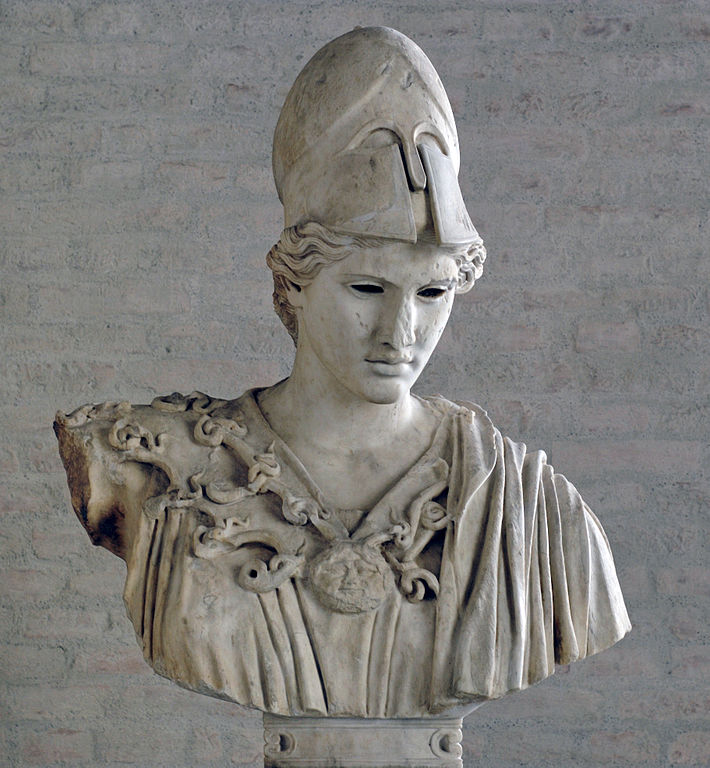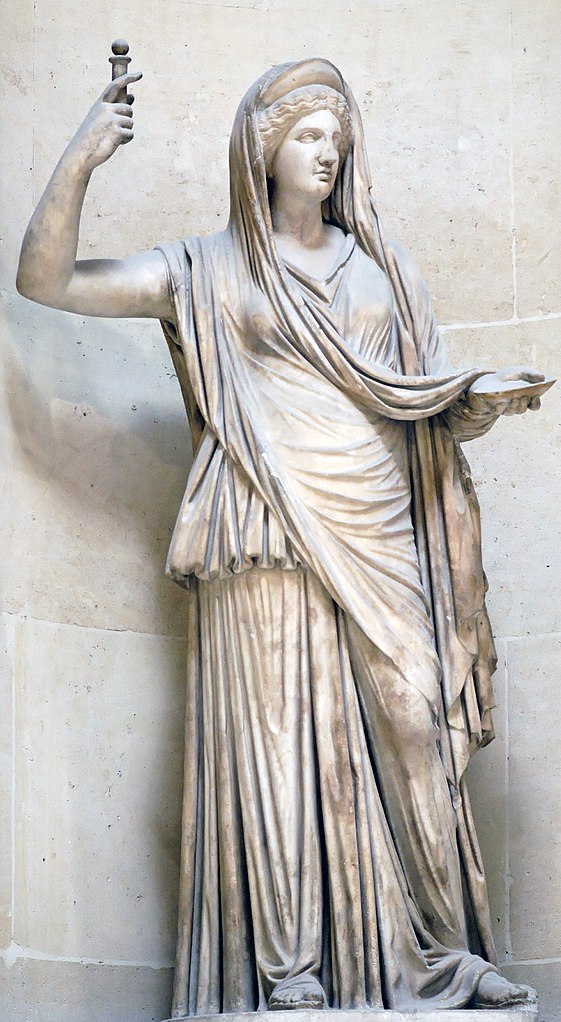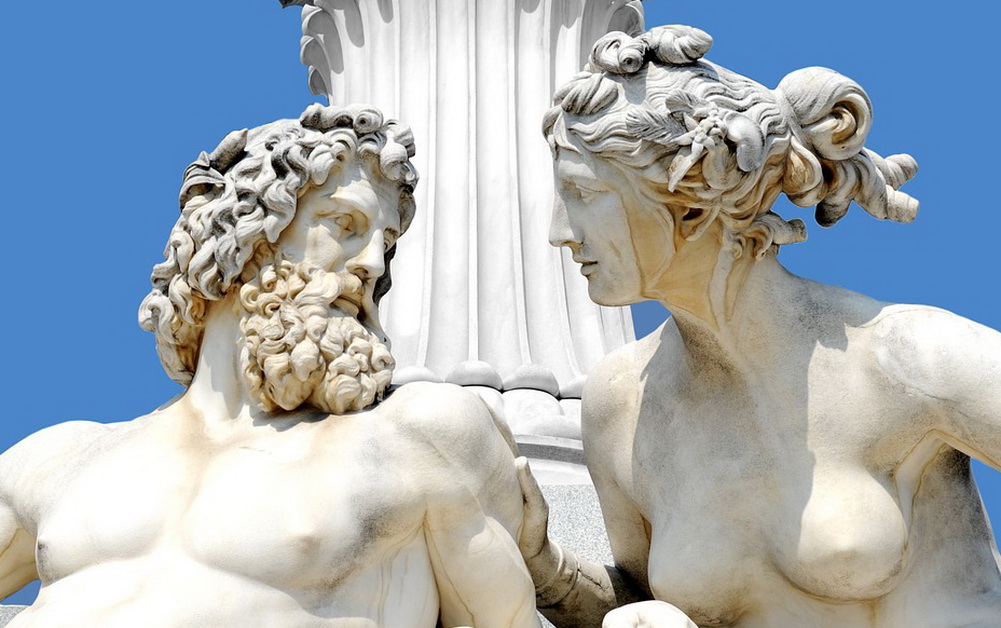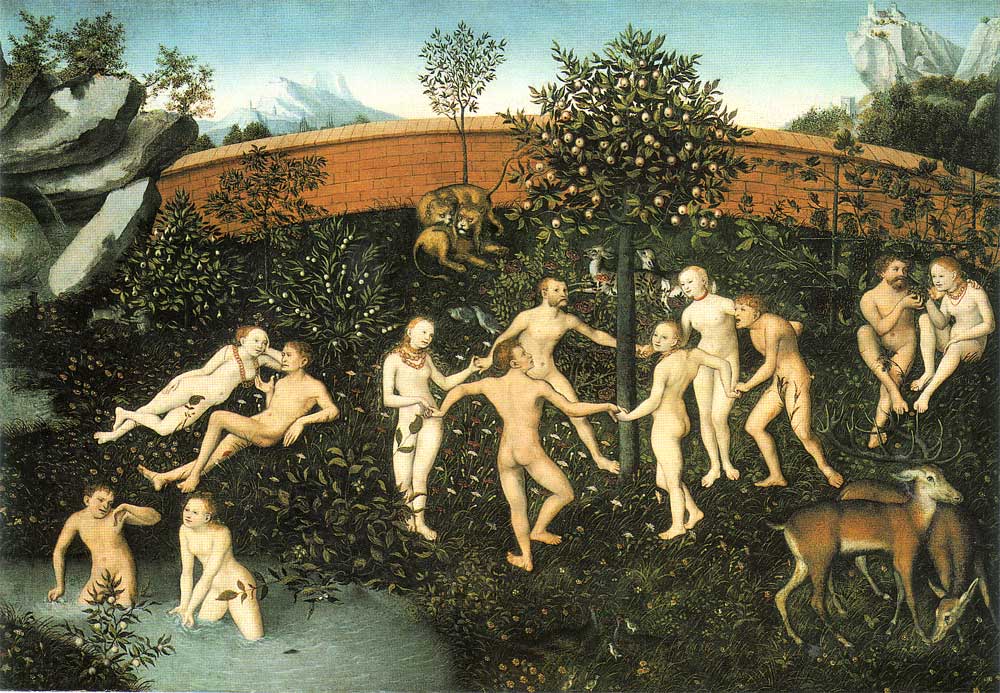Athena (Minerva)
Athena, also referred to as Athene, is the Olympian goddess of wisdom, handicraft and war and the adored patroness and protectress of the city of Athens. In her role as protector, she was also revered in many other major cities, notably as patron of Sparta, as the founder of Thebes in Boeotia, and at Corinth where she appeared on the city’s coins. She was essentially urban and civilized, the antithesis in many respects of Artemis, goddess of the outdoors.
Oku



